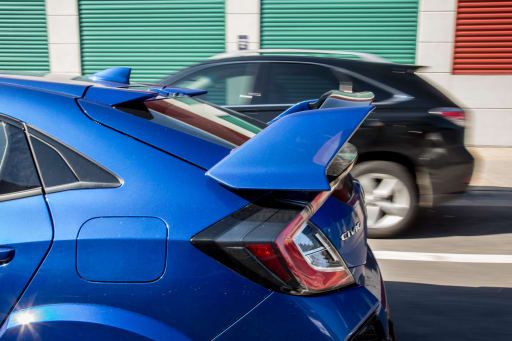Get Free Quotes 866-651-2992
Remanufactured & Used Engines

The future of autos holds immense potential for a transformative shift in transportation. With rapid advancements in technology, the automotive industry is set to redefine the way we travel, making it more efficient, sustainable, and interconnected. This article explores the exciting developments and trends that are shaping the future of autos.
The rise of electric vehicles is one of the most significant trends in the future of autos. As concerns about climate change and air pollution increase, EVs offer a cleaner and greener alternative to traditional gasoline-powered vehicles. With advancements in battery technology, EVs are becoming more affordable, offering longer ranges, and faster charging capabilities, making them a viable option for the masses.
The future of autos is undoubtedly linked to autonomous vehicles. AVs have the potential to revolutionize transportation by eliminating the need for human drivers. With advanced sensors, artificial intelligence, and machine learning, AVs can navigate roads, make decisions, and communicate with each other, enhancing safety and efficiency. This technology has the potential to reduce accidents, traffic congestion, and travel times.
Connectivity and the Internet of Things (IoT) are transforming the driving experience. As vehicles become increasingly connected, they can communicate with each other, traffic systems, and infrastructure. This connectivity enables real-time data sharing, allowing for optimized routing, predictive maintenance, and enhanced safety features. The future of autos lies in a seamless, networked driving ecosystem that improves efficiency and enhances the overall user experience.
The future of autos also involves a shift towards shared mobility and ride-hailing services. With the rise of platforms like Uber and Lyft, car ownership may become less prevalent. Shared mobility models allow for greater utilization of vehicles, reducing traffic congestion, and lowering the environmental impact. Additionally, it offers cost-effective solutions for users who can access transportation as a service rather than owning a vehicle.
As environmental concerns take center stage, the future of autos will prioritize sustainability and green technologies. Automakers are investing heavily in research and development of alternative fuels, such as hydrogen cells and biofuels, to reduce carbon emissions further. Additionally, lightweight materials, energy-efficient components, and recyclable parts are being integrated into vehicles to minimize their environmental footprint.
Mobility as a Service (MaaS) is a concept that envisions a comprehensive, integrated transportation system. It combines various modes of transportation, including public transport, ride-sharing, bike-sharing, and car-sharing, into a seamless user experience. MaaS aims to reduce the reliance on private car ownership, offering a holistic solution that is cost-effective, efficient, and sustainable.
The future of autos will also see the integration of augmented reality (AR) and virtual reality (VR) technologies. These immersive technologies can enhance the driving experience by providing real-time information, such as navigation, traffic updates, and vehicle diagnostics, projected directly onto the windshield. AR and VR can also be utilized for entertainment purposes, offering passengers a virtual escape during long journeys.
Advancements in safety technologies are a crucial aspect of the future of autos. Features like adaptive cruise control, lane-keeping assist, automatic emergency braking, and blind-spot detection are already improving road safety. The integration of AI and machine learning will further enhance these safety features, ultimately leading to accident-free roads and a drastic reduction in injuries and fatalities.
3D printing technology is revolutionizing vehicle manufacturing and customization. It allows for cost-effective production, rapid prototyping, and individualized design elements. In the future, customers may have the option to personalize their vehicles, choosing unique shapes, colors, and configurations. This customization trend will cater to individual preferences and further enhance the overall driving experience.
The realization of the future of autos heavily depends on infrastructure development. The expansion of charging networks for electric vehicles, the implementation of smart traffic management systems, and the integration of connectivity infrastructure are vital to support the advancements in the automotive industry. Governments, private entities, and technology providers must collaborate to build the necessary infrastructure to enable a seamless transition into the future of autos.
In conclusion, the future of autos is an exciting landscape filled with sustainable mobility, autonomous driving, interconnected systems, and personalized experiences. With continuous innovation and collaboration, the automotive industry is poised to revolutionize transportation, providing a greener, safer, and more efficient future for all.